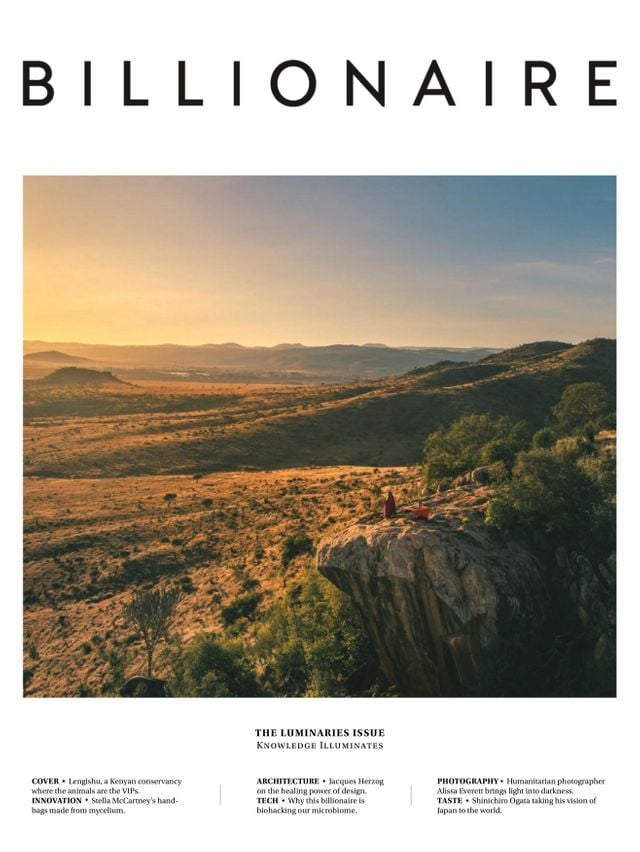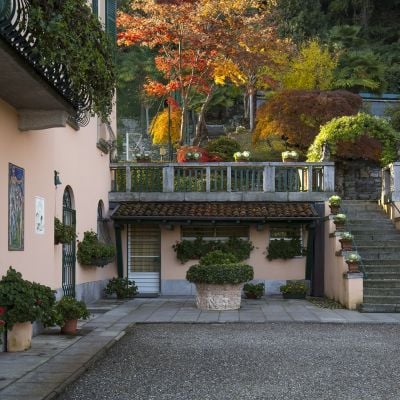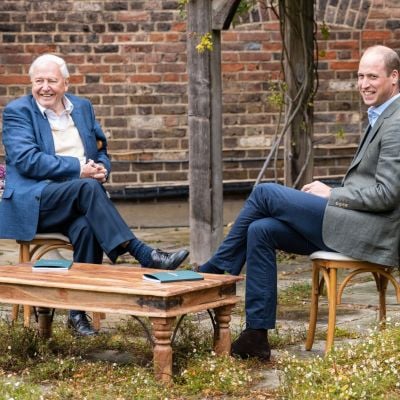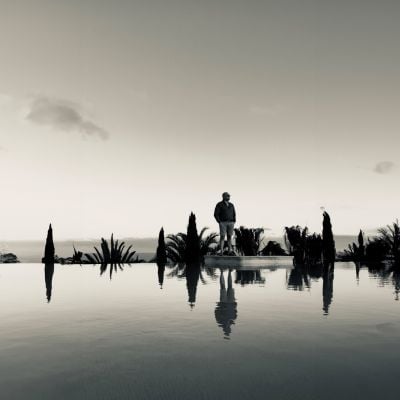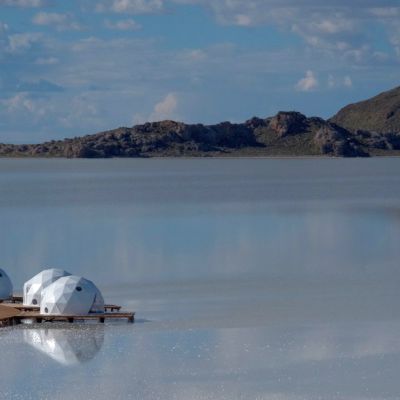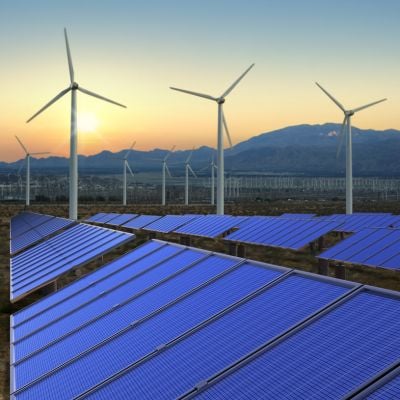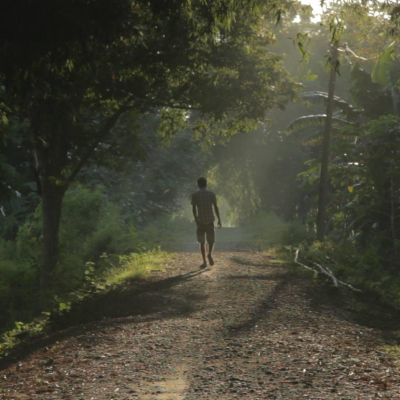Light in the Dark
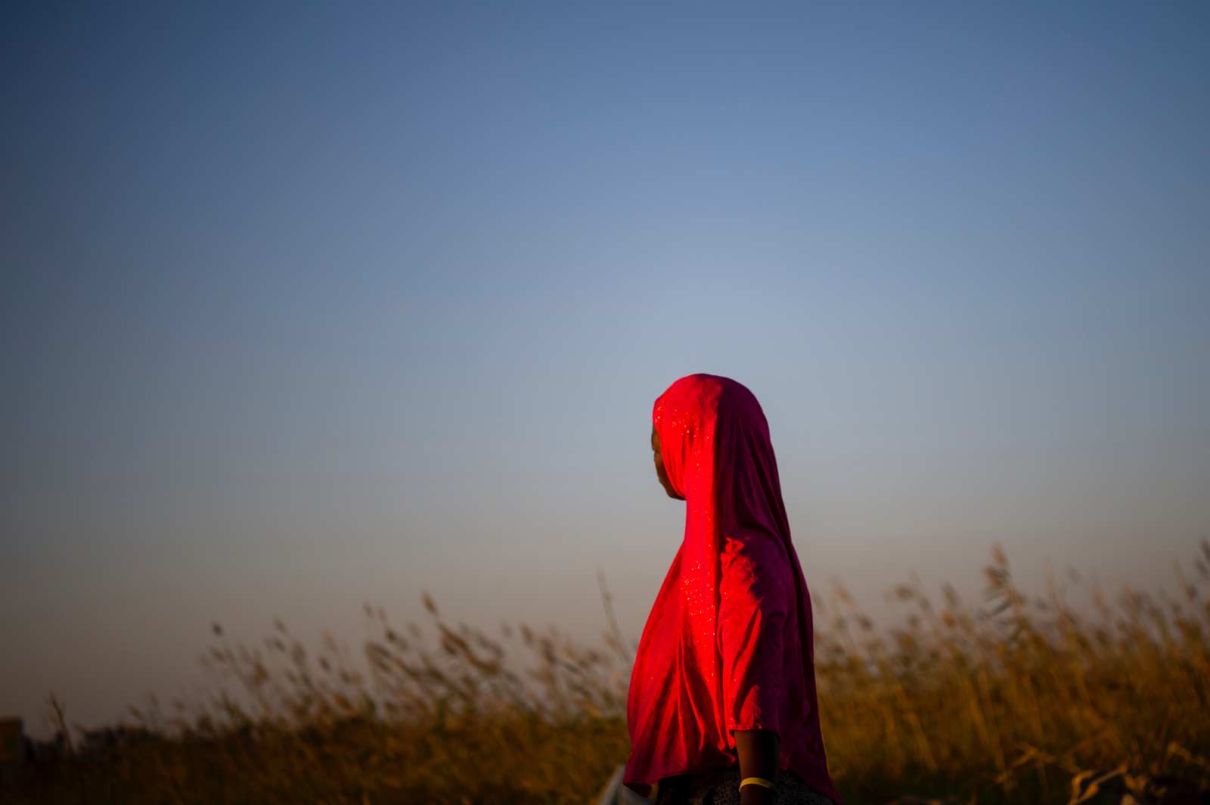
Alissa Everett’s photographic work affectionately celebrates the indefatigable human spirit.
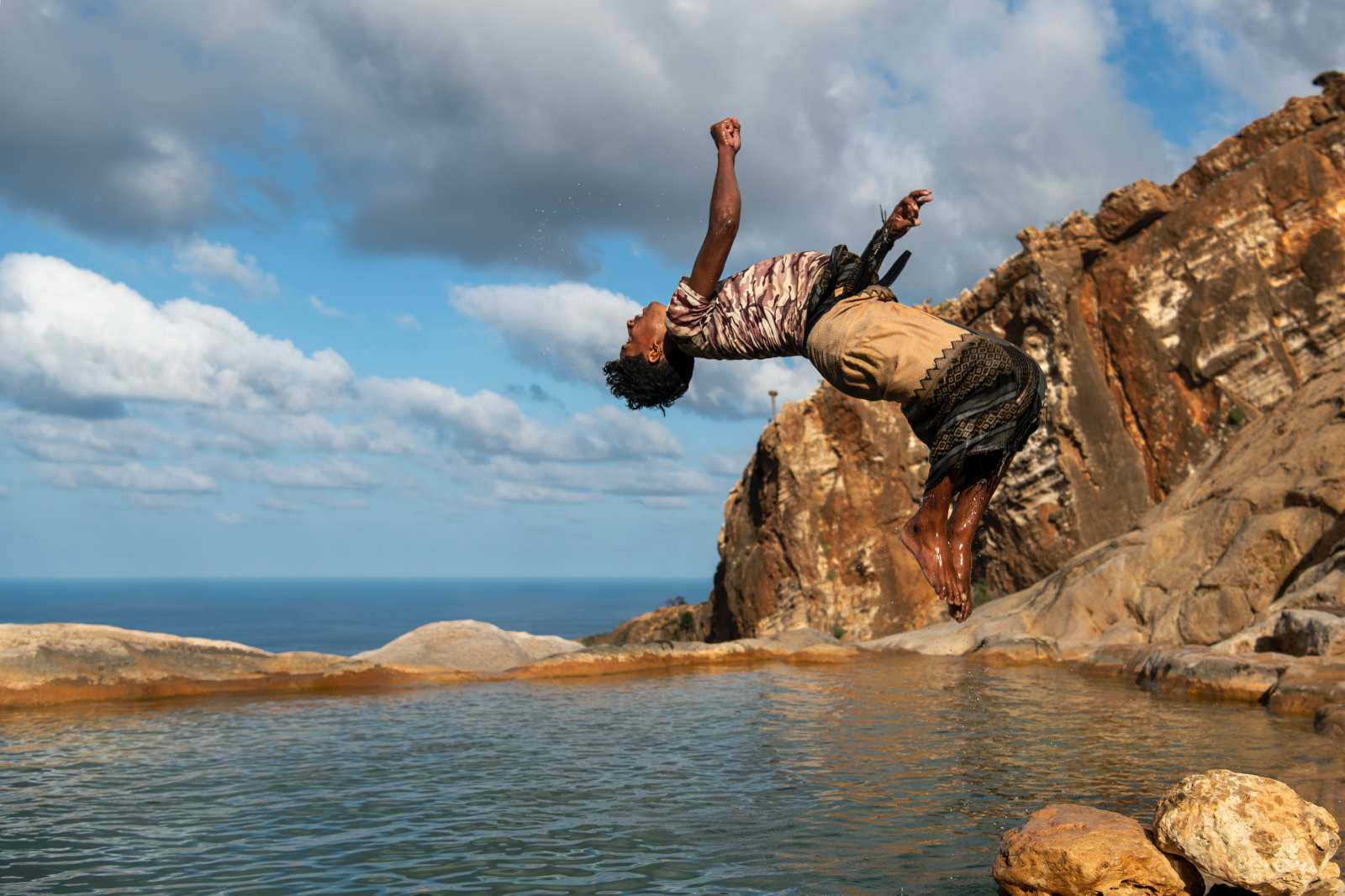
As with so many, Alissa Everett’s perspective changed forever in the aftermath of the 9/11 attacks. She had been working in the World Trade Center the week before as she had clients in the building. “I thought, if tomorrow was my last day, how would I want to spend my life?” she recalls.
Everett quit her job to turn her hobby into a vocation; she became a photographer documenting humanitarian and environmental issues. To date, she has worked in 130 countries across six continents, focusing largely on the human condition during conflict and post-conflict in Iraq, Darfur, Gaza, South Sudan, Afghanistan, DR Congo and, most recently, Ukraine.
She began as a photographer in conflict zones and was on the ground during major events in the Iraq war. Everett was the only photographer allowed to take pictures at the capture of Saddam Hussein’s infamous sons on the outskirts of Mosul and was in Baghdad documenting the local reaction when Hussein himself was found.
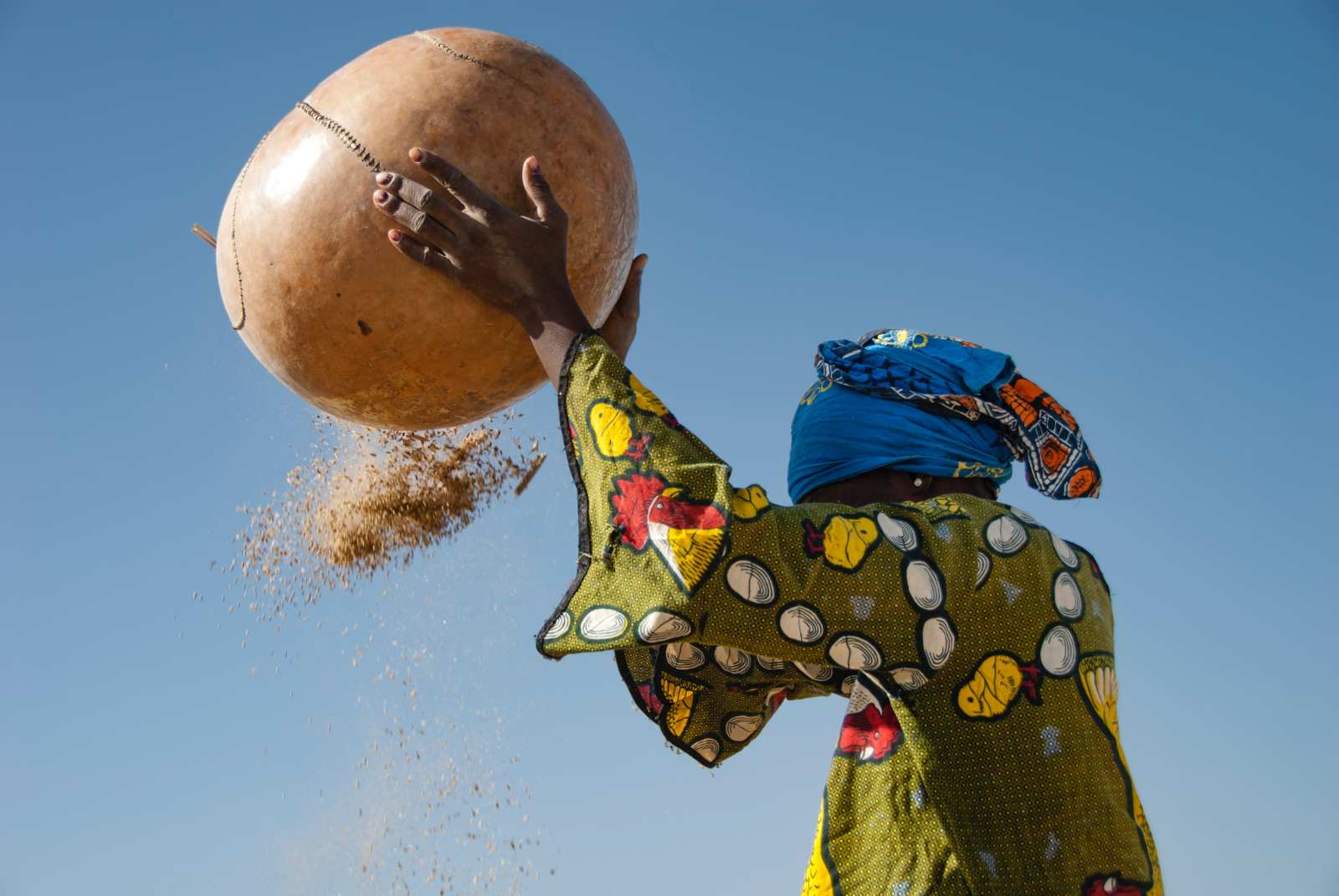
Everett’s work has been honoured with numerous awards, including the International Photography Awards, Sony World Photography Awards, Siena Photo Awards, Gordon Parks Photo Awards, Photography Open Salon Arles and the International Women’s Media Foundation.
Her style is to always find the joy in a situation; never about the sensationalised aspects of war, she has shied away from the role of conflict documentarian. “It is important to me that the image surprises. People often remark on how beautiful and serene my work is, something you might not expect in a refugee camp. So much of our narrative comes from words and headlines and the images we see, they’re often the more dramatic images that tell a story of violence and horror and despair.
“When I’m in those places, yes, you can find those moments, but there are also beautiful moments. When I first arrived in a camp, I saw people with joy and cheer and dressed in beautiful colours. People are dignified and strong, they are alive and survivors, and they want to be portrayed like that. The world is multi-faceted,” she says.
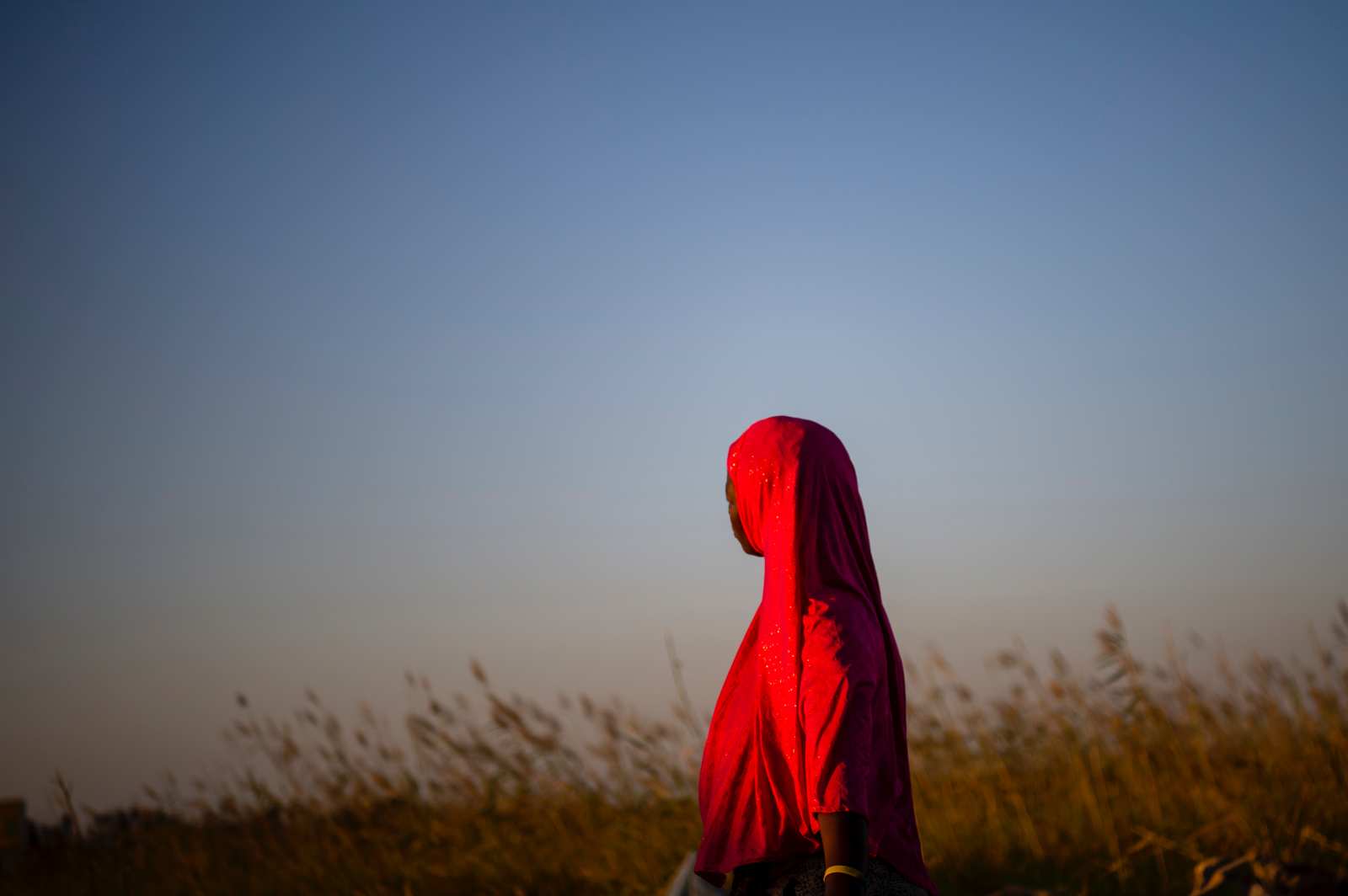
Everett recalls when in Iraq, during the height of the invasion, an Iraqi family found out it was her birthday. “They baked me a cake and every member of the family bought me small gifts, despite having virtually nothing and being in the middle of a bloody war. What makes the world special to me is the humanity, the resilient dignity, the oneness of humankind. Long ago, I made a decision to focus more on the beauty that can’t be extinguished in the world.”
Working so closely and intimately with families in desperate situations, documentation didn’t feel like it went far enough. She decided she wanted to use her images to raise money. Having previously worked for in the Peace Corps in Senegal, West Africa for two-and-a-half years, and learned how to speak Wolof, Everett was familiar with how charities worked and their power to change lives. In 2007 she set up her own charity, Exposing Hope, a non-profit to raise awareness and funds for victims of human rights abuses through her documentary photography. Everett hosted an exhibition of her work and invited family and friends, who invited their friends and network. At the first show they raised US$25,000 through sales of her work; to date, the charity has raised some US$300,000, which it channels to needy areas through on-the-ground partners such as the World Food Programme, the Gates Foundation and Heal Africa, which secures things such as essential food and shelter, as well as libraries and literacy programmes.
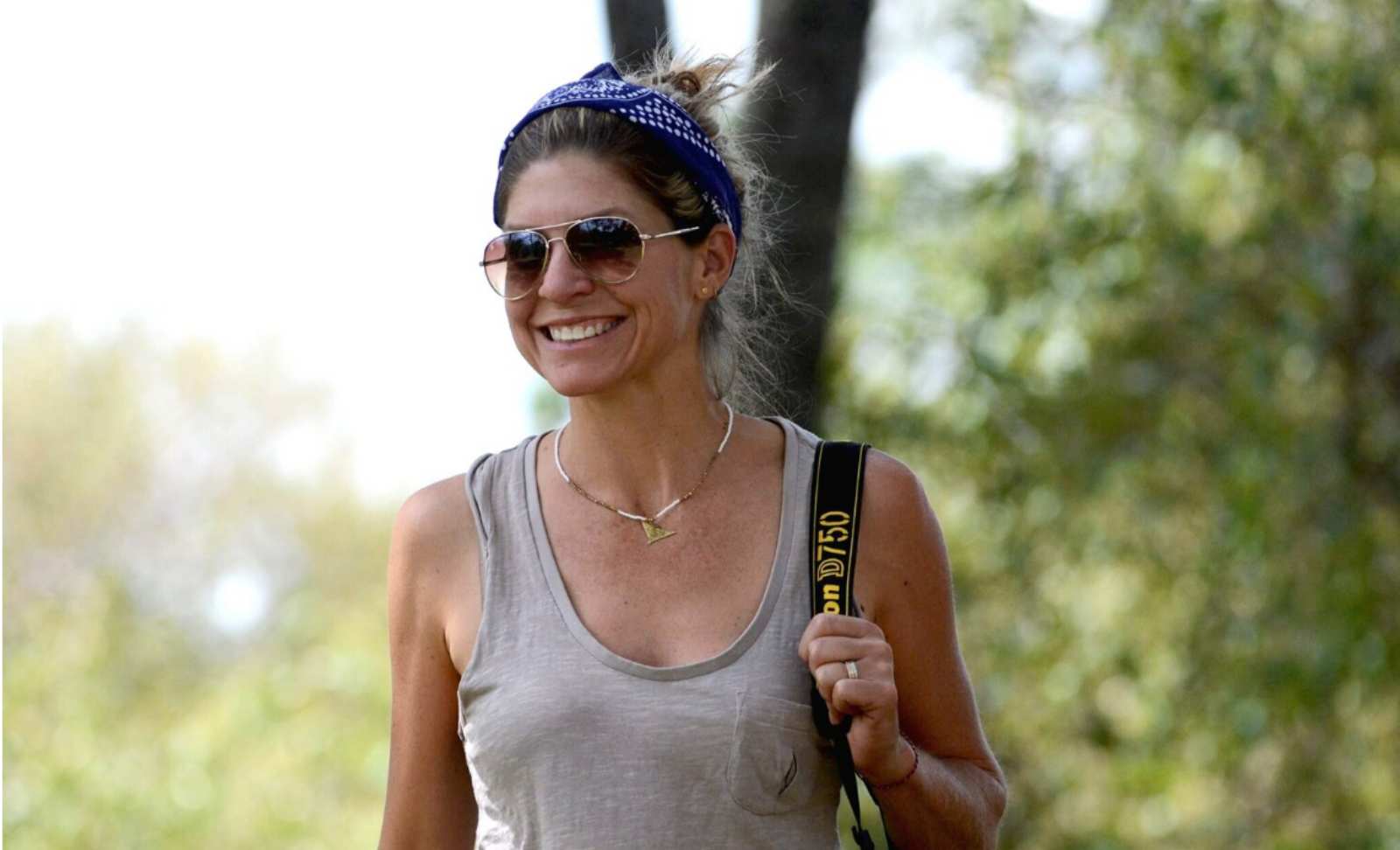
Naturally Everett’s work, in its joy and humour, is delightful to have on a wall as art, while a starker image would not necessarily catch a collector’s eye. “When I see those images, I feel horrified and empty and want to turn away. It is important to document those but it is equally important to tell the whole story.”
How does she earn the trust of people to open up to her? “I have to remove myself and my ego from the situation and be completely present, ready to learn and have an intention to be open to people,” she describes. “Even without language, there can be a powerful connection.”
Alissa Everett’s solo exhibition Covering Beauty can be seen at the European Cultural Centre (ECC) in Venice until 27 November 2022.
www.exposinghope.org

